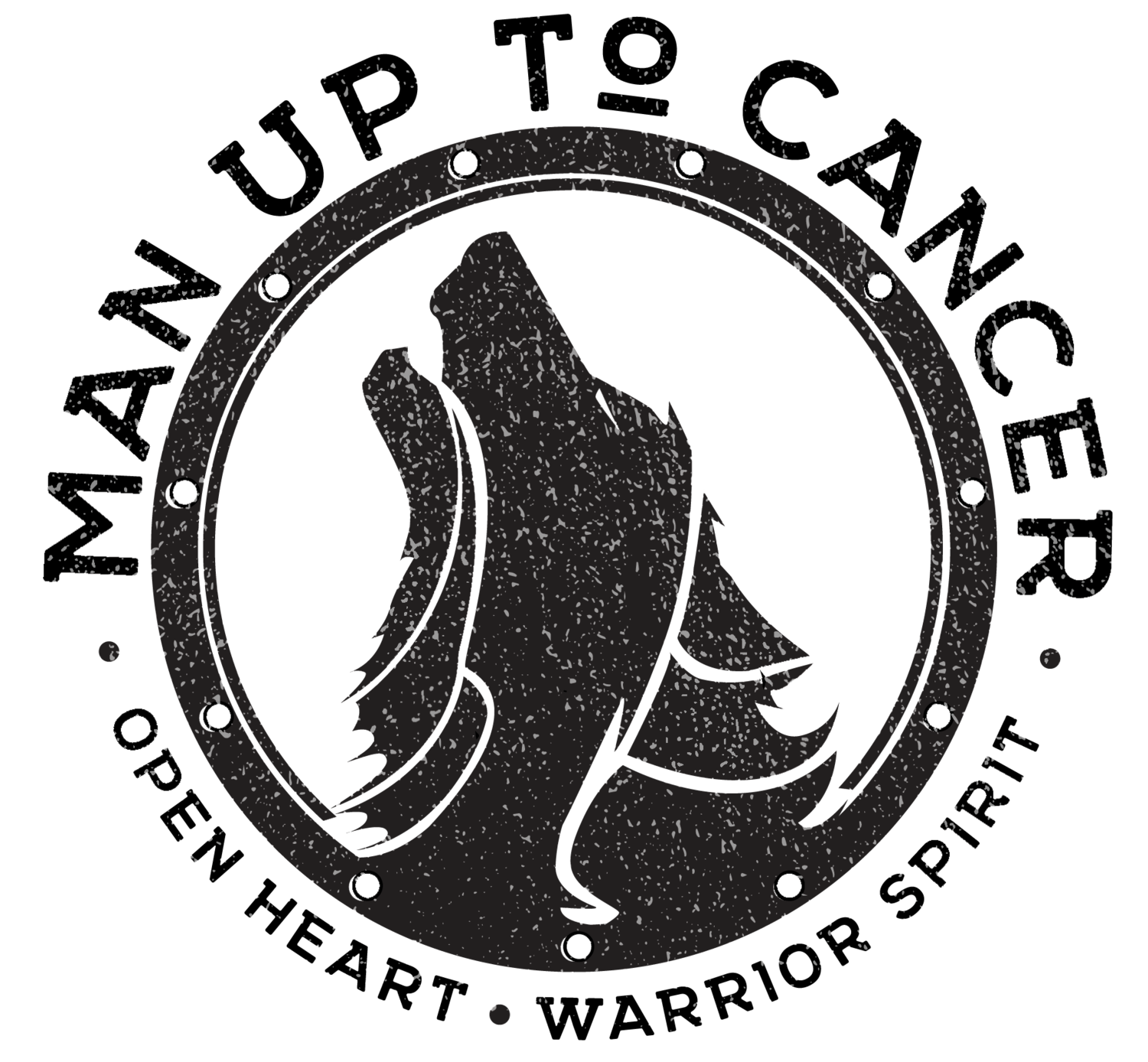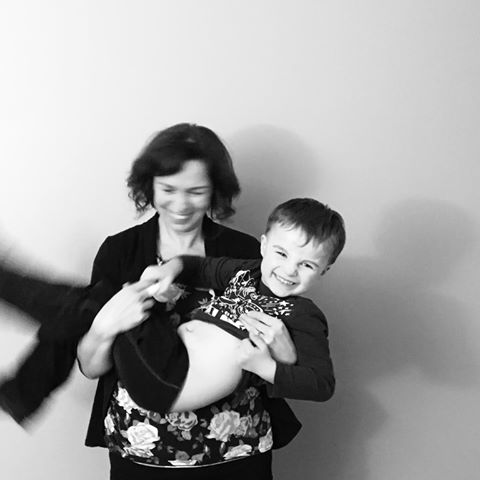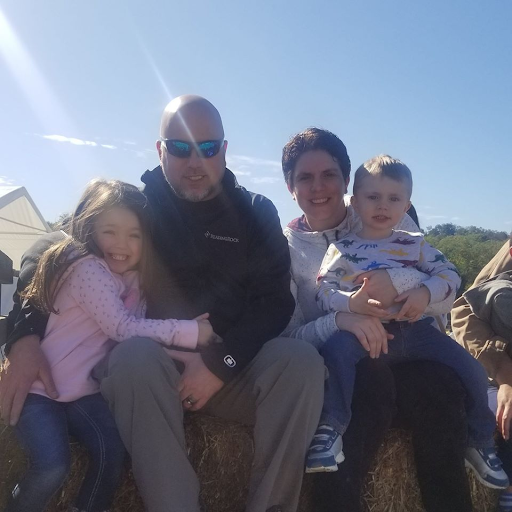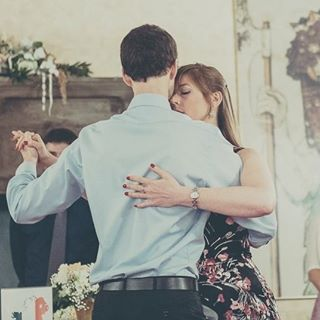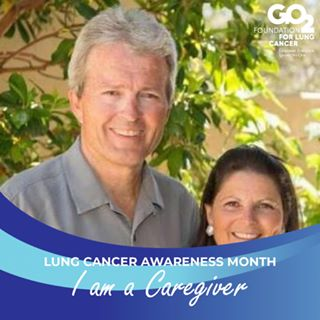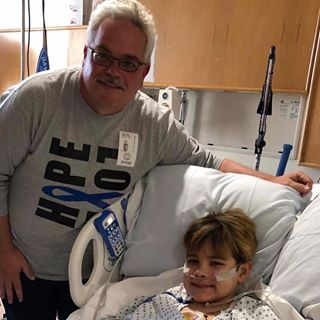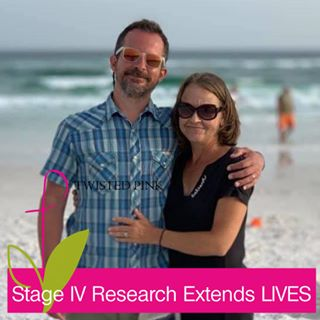27 Views from Cancerland: 'What I Wish I Knew Earlier'
Hi everyone!
I recently reached out to my social media community, AKA my peeps in “Cancerland”, and asked them a very personal and important question:
“What is one thing you know now, that you wish you knew earlier in your cancer journey?”
Their answers are powerful, wise, sad, beautiful, cutting, and most of all HONEST. If you know someone who might benefit from these insights - especially those who are just starting out on this cancer roller coaster - please consider sharing this post with them.
To everyone who contributed answers, thank you! With love and solidarity,
Trevor
27 Views from Cancerland: What I Wish I Knew Earlier
Jana Downing:
“That I have more power over my treatments than I thought at the beginning. If you don’t like how things are going you have the choice to seek help elsewhere with someone who will support your choices”.
Sandy Lajoie Nadreau:
“That most men aren't often as eloquent as women when it comes to telling the doctors how they are really feeling, and describing their symptoms.”
Matthew Zachary:
“It’s OK to be vulnerable.”
Rebecca Edwards:
“Doctors don’t talk to guys about fertility. Bank sperm if you have any interest in biological kids later on.”
Kelly Jones:
“Doctors don't know as much as you think. They are awesome and know a ton but many times are just making educated guesses or going off past experiene and you must advocate!”
Elaine Ferrer Ramirez:
“Regarding pain management: #1- You should be brutally honest with your doctor about your pain. #2- You have to stay ahead of the pain and not behind it. So, when your 6 pm alarm goes off for pain pills, you don't man up and skip it because you feel okay and think you can handle it. You will spend needless time suffering trying to catch up. This holds very true for morphine, all the way down to ibuprofen. The better way to try to get off pain meds, is by lowering the next dose and see how long it works, but never stop cold-turkey. It's okay to ask for help when you're hurting because pain causes a tremendous amount of stress on the body and inhibits your thinking and healing.”
Jason Randall:
“Crying is a good thing, whether good or bad. You simply cannot let your self bottle it all up and suffer. We are all human and crying is a natural thing, it is a cleansing mechanism which can and will lead to healing. Let the emotions flow, but know when too much can lead to a bad frame of mind.”
Nat MW:
“That constant tiredness, bloating and night sweats can be a sign of colorectal cancer even at age 35. That many men tend to dismiss their symptoms and do not complain enough and as a result ill-informed doctors send you back home saying it's just stress.”
Andy Newell:
“I wish I knew low iron was a warning sign. I'd go to the blood bank and be refused because of it. I never put 2 and 2 together.”
Susan Park Johnson:
“This disease consumes you - both patient and wife caregiver.”
Amanda Campbell:
“Connect with the palliative care team as soon as you can! Unfortunately there is a lot of misunderstanding and stigma around palliative care. People connect it with end-of-life and hospice, when in fact it can be such an amazing resource throughout the cancer journey. Brandon’s palliative team changed our lives and helped Brandon do so much legacy work through his 5 months working with them.”
David Kiely:
“To be honest I am glad I did not know just how messed up it can be with penile cancer, if I had known what I know now I may just have given up during my darkest days. I was protected from the whole truth to keep me alive. When physically suffering the mental side is so much worse. That said the advice I would give myself now would be don't be so tough on yourself. Self punishment is not a good thing.”
Vaughn Suit:
“Be sure you have the best doctors. I had a terrible team of doctors and I never knew anything that was going on or what to expect. I also didn't know that there was no amount of medicine to stop the incredible pain after getting 35 rounds of radiation to the anus. But they tried by over dosing me one night and I almost died. Oh, and not believe my doctor while complaining about anal bleeding for 8 months and trusting him for too long. 8 months and he never asked for a colonoscopy because I was 46, and continued to treat me for hemorrhoids. If I continued to listen to him and didn’t change doctors, I would be dead. And I live in Washington DC, and was with supposedly one of the best medical centers in the U. S. I fear for people who are very limited to options based on where they live.”
Leslie Martin:
“Be sure to connect with the oncology social worker at your hospital. He/she will help you navigate the system. No one told me that person existed until 3 YEARS after I was diagnosed.”
Joe Bullock:
“I wish I understood the mental health complications of my cancer. The physical and medical were pretty straight forward. Remove the tumor, the infected lymph nodes, and do six more months of chemotherapy, in the hopes to be NED (No Evidence of Disease). No one told me the darkness and sadness that cancer and chemotherapy would bring to my life. I would have met with a therapist earlier in my journey.”
Christopher Marlett:
“How important family history was and to get tested 10 years sooner.”
Michelle Swanson:
“My late husband had lightheadedness for some time before he was diagnosed. He was also tired and had horrible night sweats. His body was on fire at night. They were all symptoms. I also agree on the palliative care, wish we connected earlier than later. Talk, talk to your family. This applies to everyone affected by the illness. Don’t hold back. Have the tough conversations whatever they may be.”
Dennis Wilbur:
“I wish the first time I had rectal cancer I’d had the colonstomy instead of treatments. It may have not metastasized to my lungs and return to only have to have a permanent colostomy and now I’m still having to fight that metastasis.
Alexis Brill:
“Do the genetic testing, order a report like the Foundation One report which can identify your cancer’s mutations & align you with any potential clinical trial options, line up with your social worker at your cancer center to tap into available resources resources like these tests, and go do something fun after the dreadful scan days to get your mind off things. My husband Andrew and I always did this. Make sure you’re both well supported emotionally - patient and caregiver. Bank sperm or freeze eggs if you hope to have children or more children in the future.”
Chris Kimball:
“The person living with the burden always worries more about their family and friends than about themselves. My mom was the one who took care of everyone else. We needed to show her that we would be OK and her only job was to focus on staying strong.”
Tammy Sandman:
“I wish I had understood the life-long effects of radiation and chemo before treatment - to make a more educated decision.”
Donna Cochran Silva:
“Start palliative care as soon as you can. It is NOT the same as hospice; it's like having your own care TEAM!”
Alia Delacour:
“Advocate for yourself by seeking multiple opinions, including surgeons that specialize in your affected organ(s) (even if they say you'll never be operable)! But don't necessarily go for surgery right at time of diagnosis, in some cases you need to get chemo pumping through you asap to de-bulk. Some people, like my brother, tolerated the most harsh chemo regimens and still had quality of life for many months. You will take things one day at a time. Be open and honest with your care team and caregivers. You have nothing to be embarrassed about.”
Stephanie VanEman Jones:
“Advocate, Advocate, Advocate. And then listen to that inner voice. We know our bodies better than any doctor ever could. They just happen to have the equipment to diagnose what we usually know is already something wrong.”
Michelle Leslie:
“I wish I knew more about MSI, MSS, KRAS and other mutations when my Dad was diagnosed in 2009. I’ve learned a lot :)”
Janice Cowden:
“I wish everyone understood that men have breasts, get breast cancer, and remembered to include men in breast cancer conversations. I’m guessing my dear friend Kirby might have more to add!”
William Kirby Lewis:
“I realize that MBC (Metastatic Breast Cancer) is OUR disease. It is not a woman’s disease, it is not male breast cancer. It knows no boundaries. It is not gender biased. It is a disease of humanity. And because it can be inherited, it is not a disease that mothers should only be concerned for their little girls, but for their children. So, if I can make my voice louder, I will, and I pray that the take-away is this...Breast Cancer, MBC is a disease that enjoys the cells of any person, regardless of gender.”
Chris Engelbert:
“The drain you will go thru mentally trying to deal with the day to day life. How hard it is on your loved ones. That stage IV is not a death sentence.”
Trevor Maxwell
“Courage doesn’t always look like what you think it should look like. Sometimes it’s messy and ugly and awful. Sometimes it looks like just standing up, or literally taking a few small steps forward.”
